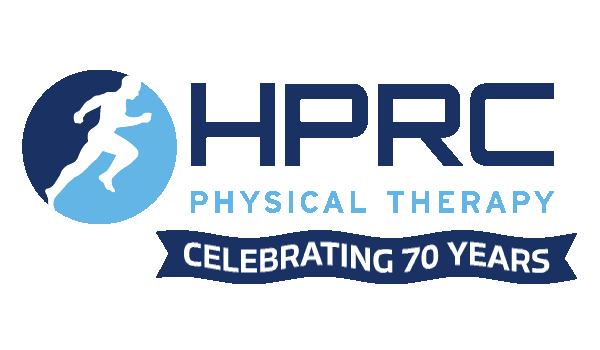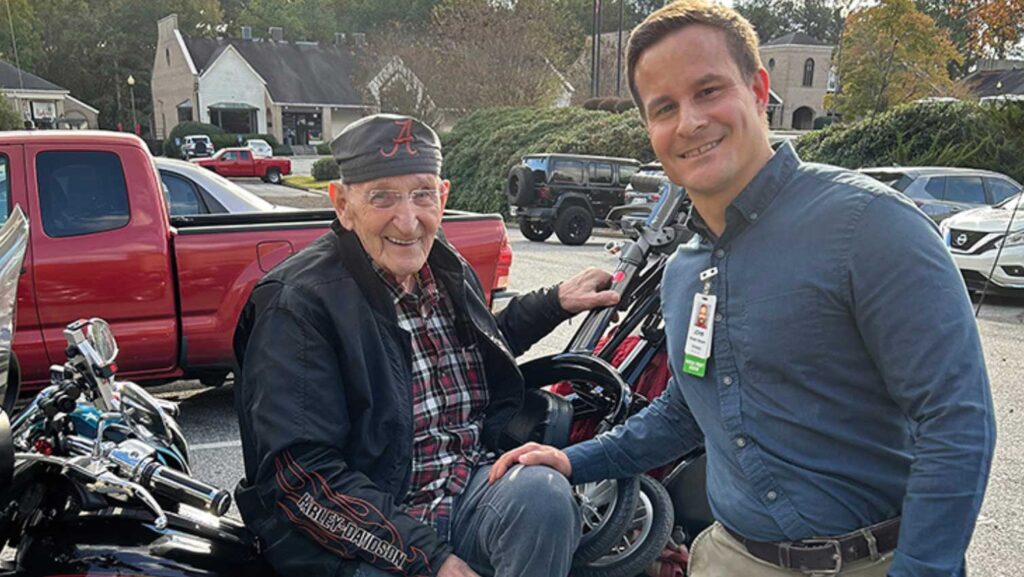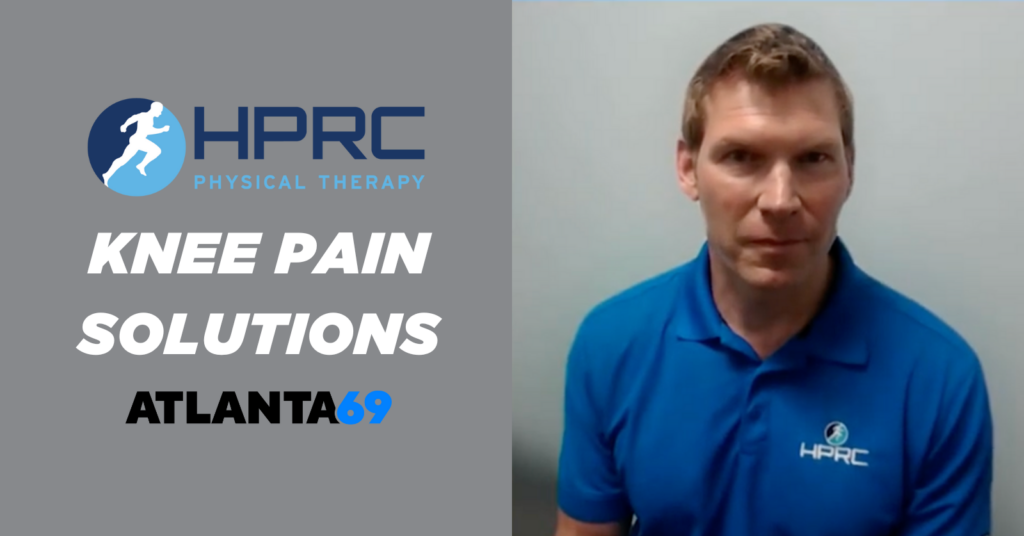Do you feel like you aren’t getting the best results from your morning run? Maybe you are having a little nagging pain afterwards? This could be due to poor running mechanics. Not running properly can lead to a variety of overuse and chronic injuries – Achilles tendonitis, plantar fasciitis, stress fractures, hip and low back pain, etc. It can also slow down your pace and make your run less efficient.
Most often, we see a patient and learn that they have inefficient running mechanics through treatment of an injury. We will first treat the injury to get them back to running health and then we will evaluate further to get to the root of the problem. We observe a patient running both on and off a treadmill, slow their pace down to observe their running style, look for compensations and to assess joint movement. We also take a look at their footwear to make sure they are in the proper shoe for their foot type and running style. This process incorporates everything from their head to their feet.
If there is an issue with your running mechanics, it’s important to focus on correcting it while you are running. Focusing on the adjustment will improve your mechanics more quickly and will lead to less energy expenditure, less overall fatigue and most importantly less pain, resulting in a decreased chance of injury or reinjury. Quite often, we have to spend time on running education to discuss running surfaces, road camber, speed and distance training plans, as well as establish frequency and intensity guidelines while making adjustments. Usually after a couple of weeks performing specific exercise techniques and focusing on the change in form, patients are able to report a positive difference in how they feel before and after a run.
Keep in mind, poor running mechanics don’t just show up in adults. You can spot it in your children as well. If your child complains of pain while running, anywhere in the body, it can be a sign they have poor mechanics, unless of course, they have pushed their limits in a race or speed workout. Pain caused by running can present in places one might not expect such as the lower back, shoulders, feet and knees. Observe their shoulders, hips and knees and also look at their feet. Having high arches or flat feet can lead to injury in a runner, if not in the proper footwear. If there is something that just looks a little off, it wouldn’t hurt to have a running assessment done to prevent injuries in your child.
Consider making an appointment to consult with one of our Sports Performance clinicians at our St. Francis Main Campus location in Columbus, GA or our MUV Fitness location in Columbia, SC.



